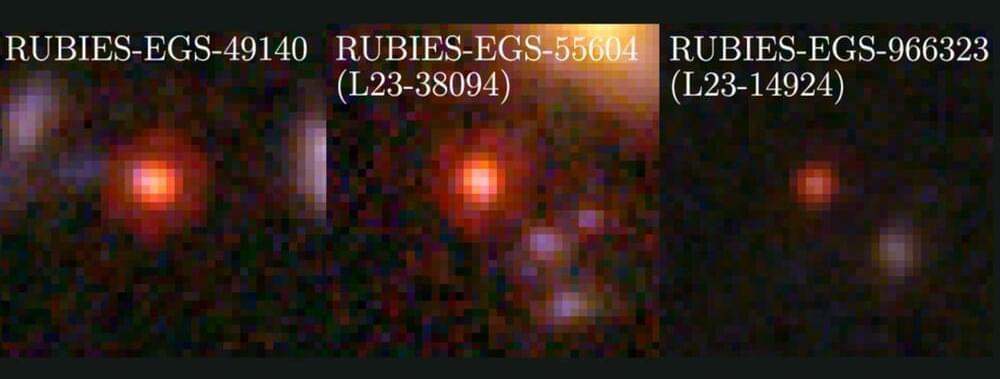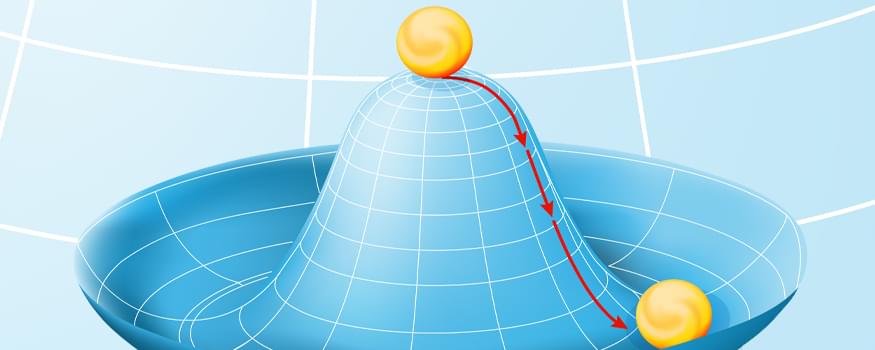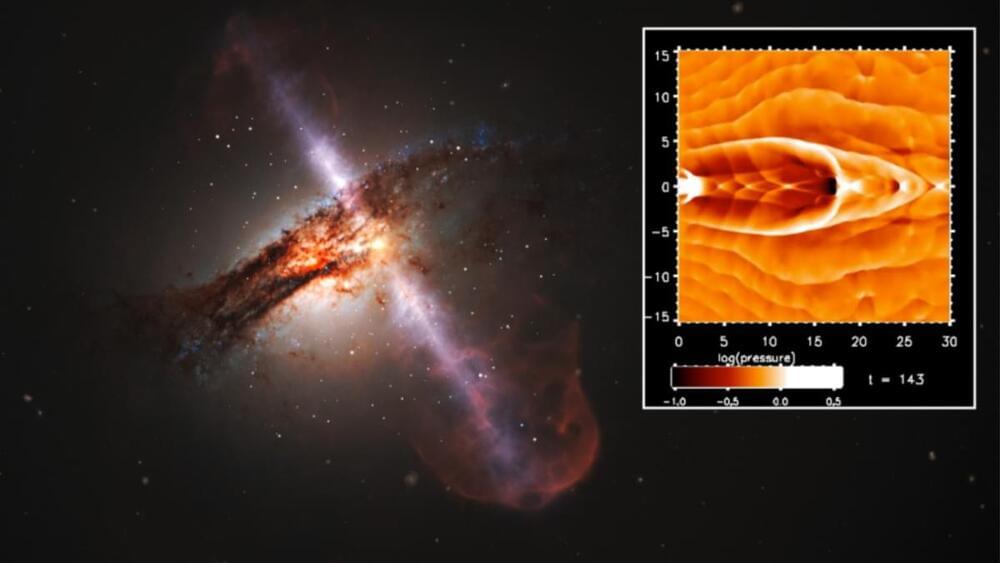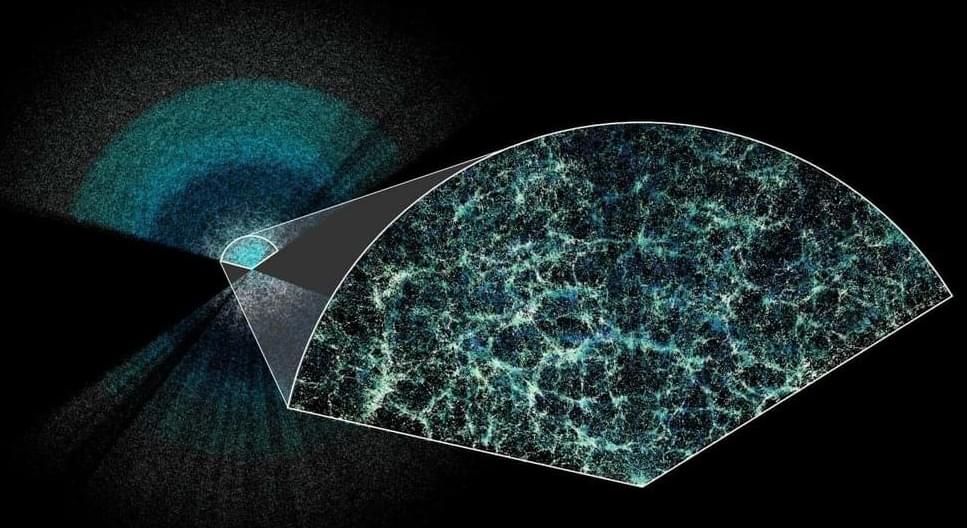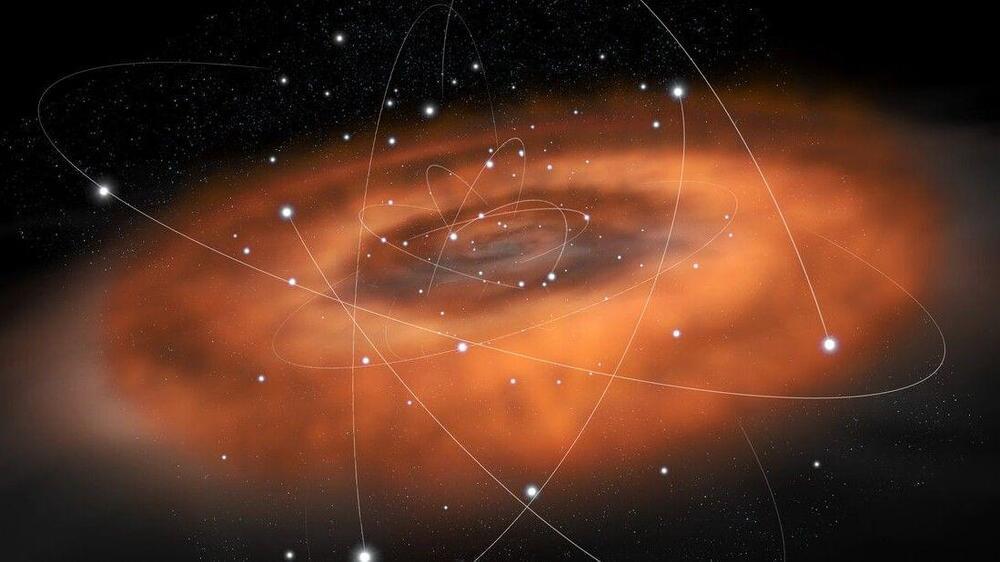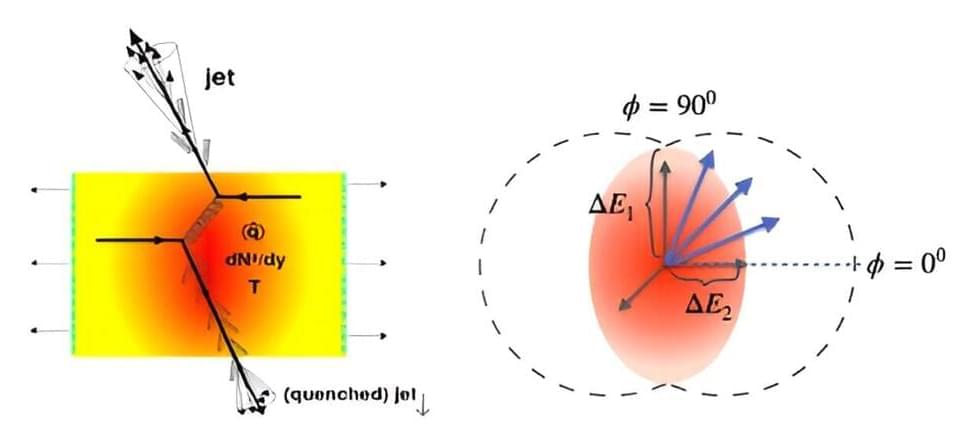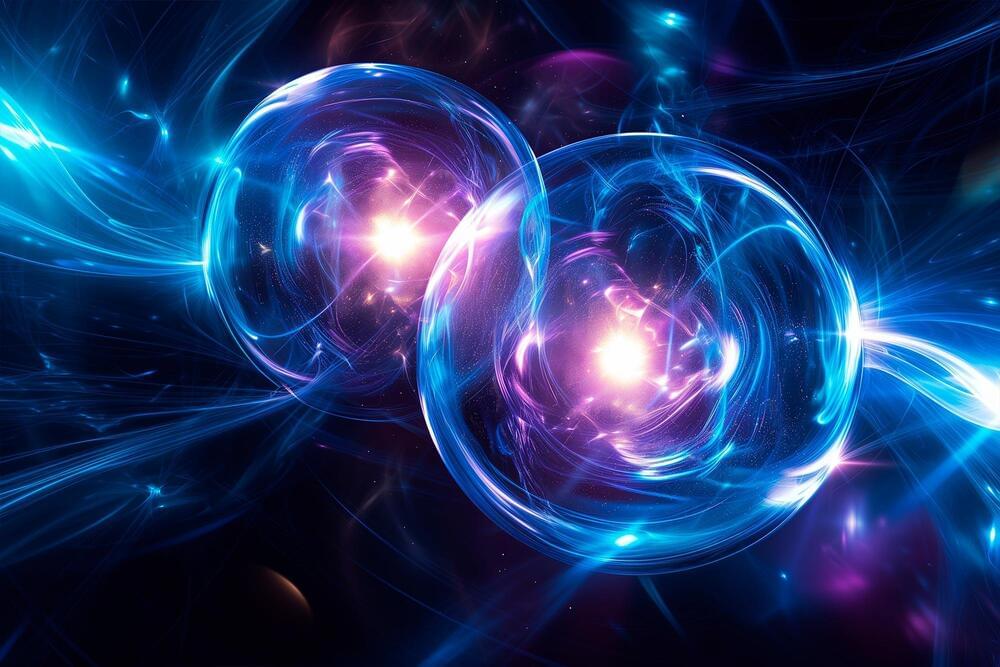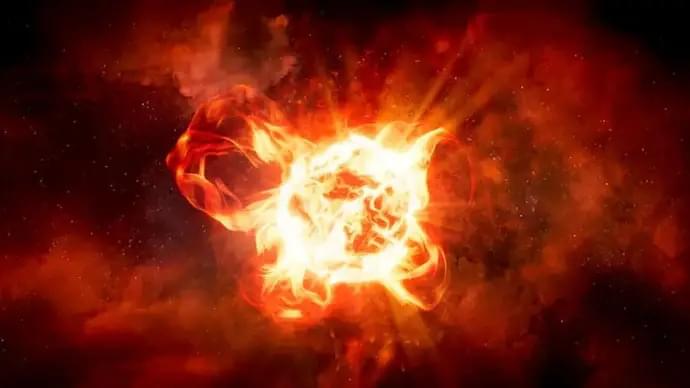A recent discovery by NASA’s James Webb Space Telescope (JWST) confirmed that luminous, very red objects previously detected in the early universe upend conventional thinking about the origins and evolution of galaxies and their supermassive black holes.
An international team, led by Penn State researchers, using the NIRSpec instrument aboard JWST as part of the RUBIES survey identified three mysterious objects in the early universe, about 600–800 million years after the Big Bang, when the universe was only 5% of its current age. They announced the discovery today June 27 in Astrophysical Journal Letters.
The team studied spectral measurements, or intensity of different wavelengths of light emitted from the objects. Their analysis found signatures of “old” stars, hundreds of millions of years old, far older than expected in a young universe.
